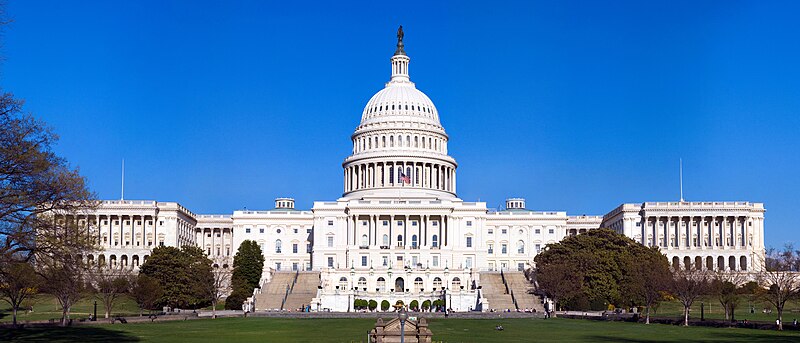The Panel was formed in February of this year, and comprises around 16 core members, each representing a range of organisations – I was representing UNICEF, but Oxfam, the National Union of Students, the Scouts, People and Planet, WWF, Plan, UKYCC and many other groups were also represented. We met a few times to discuss how we were going to work and what sort of things we would be doing, and the civil servants we met seemed to welcome us as genuinely helpful in letting them know what young people thought about the work they were doing.
In July, we were finally given our first proper project. DECC is launching their ‘Roadmap to 2050’ early next year, which is their vision of how the UK can meet its self-imposed target of 80% emissions reduction by mid-century. They wanted us to investigate our own pathway to 2050, and we were lucky enough to be funded by Sciencewise to create our own report on the issue. They’ve launched their own (rather complicated) ‘Pathways Calculator’, which you can use to find out how you might sort out our energy problems.
The energy mix of 2050 is something that is uniquely relevant to young people. We are going to be the ones who will live with the decisions made today, so the Panel decided to travel around the country, visiting places that demonstrate potentially relevant energy technologies for 2050. From offshore wind to coal fired-power stations, and from a nuclear plant to an eco-friendly home, we investigated the implications of different sorts of energy solutions to the problem of how we’ll produce and use energy in a low-carbon way over the next few decades.

Shocked by the amount we learned on one of the visits!
Having visited sites around the UK and surveyed hundreds of young people on their thoughts, we were able to launch a pretty well-informed and comprehensive report last Thursday, called Energy: How fair is it anyway?. Our recommendations included things like phasing out coal-fired power stations (at least, those which lacked technology to reduce their emissions) within the decade and a 0% VAT rate on home energy efficiency improvement measures. We also asked the government to develop a clear long term strategy for dealing with nuclear waste, in the interests of intergenerational equity. You can view the rest of the report and the recommendations we made HERE.
I was lucky enough to sit on the presenting Panel, along with two other Panellists and Prof. David MacKay, the Chief Scientific Adviser to DECC. We talked a bit about the report and tried to answer questions about the specifics of our recommendations. The audience comprised civil servants, representatives from our organisations and other interested parties. It was also streamed live online, and we had video links with young people at climate conferences in Cancun and Brussels. You can find out more about the launch and see how it happened HERE.
Me, trying to think of something to say...
It felt great not only to be part of a unique experiment of embedding the voices of young people in government, but also to be given the opportunity to represent the Panel in our first public launch event. The inclusion of the youth perspective in high-level decision-making is essential, especially with regards to issues like climate change. Let’s hope it continues!
Please read the report, discuss it in your schools and colleges, and let us know what you think of it by emailing us at youthpanel@think2050.org! You can also see the Panel’s blog HERE.
Thanks!
Luke
























